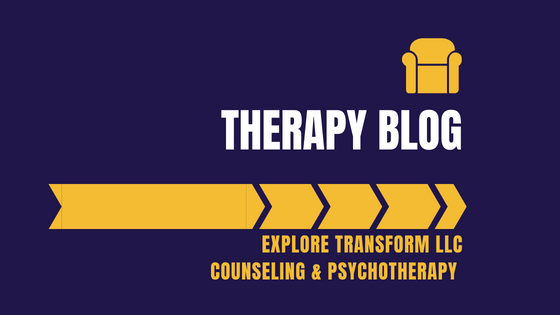|
Three years ago, when I wrote The Stunned Silence of an Anxious Mind, we were full throttle into a pandemic. Because there was so much uncertainty, there was so much anxiety, and I struggled to keep up with the demands of my psychotherapy practice, while also trying to keep my young children healthy and balanced.
Three years on, and the mental health of the United States has not improved. Rates of anxiety and depression have increased from one in ten adults to four in ten adults, and part of this is due to the increase in intolerance and discrimination. We only need five minutes to scroll through the news headlines to see examples of this. Anxiety and depression, whether or not fueled by intolerance and discrimination, can make your self-esteem crumble, like a house collapsing from within. No matter how much you learn, how many people you meet, no matter things you do that once gave you enjoyment, all of a sudden you cannot tackle even the simplest of tasks, and for many, this can reveal itself as a blank mind. In my work as a psychotherapist, I use Polyvagal Theory to help people understand what our body and mind might be doing when it is stressed. In terms of Polyvagal Theory, a blank mind might be explained as our nervous system in the dorsal vagal state. This is the most unevolved state, when we do not feel safe, and our body and mind shuts down. Think of the prey that has been stalked by a saber tooth tiger, and it cannot escape; it needs to shut down so it does not feel the pain of the tiger’s jaws. In our work, I might help you to identify when you notice that you are in the dorsal vagal state, and you can learn how to try and flex out of it using breathing exercises or grounding exercises (for example, using your senses to identify sights and sounds, even smells, in the room). Further up the nervous system is the slightly more evolved sympathetic nervous system, otherwise knowsn as fight-or-flight. Think of the prey having a chance of escape from the saber tooth tiger, when its heartrate increases so it can try and fight off, or flee, the saber tooth tiger. When we experience anxiety, this is often because we are stuck in the sympathetic state. We sense danger and so our heart beats too much, we sweat, and we are nervous about the slightest thing. This is the nervous system, so we might not even be immediately aware of anything that should make our heart beat so fast. No matter the cause, we need to learn how to calm things down a little. The sympathetic state, and the dorsal vagal state, are both needed when we sense that we are not safe, so if we are safe, we need to help calm things down so we can use the most evolved part of the nervous system, the ventral vagal state. This is when we can connect with ourselves and others, when we can play and create and enjoy intimacy. What we need to get into this state, and stay in it, will differ for each person. For some, we might need to heal from trauma, for others, we might need to learn about the assumptions we are making, or the patterns of our behavior that are making things worse. But the first step is to understand our nervous system, what it is doing, and why it is doing it. The stunned silence of a blank mind, or the sweatiness of a racing heart is simply our nervous system doing what it is supposed to do; to protect us when it senses danger. With the right help, we can learn to respond to these biological tendencies in a calm and compassionate way, so we are best placed to go about our lives. After all, we cannot live, work, or love fully if too much of our time is spent blank-minded or sweatily heart-racy! I hope this makes sense. If it raises things you would like to explore, do get in contact. Chris Warren-Dickins LLB MA LPC Explore Transform LLC Counseling and Psychotherapy in Bergen County, New Jersey www.exploretransform.com +1 (201) 779-6917 #Anxiety, #Stress, #Panic, #Trauma, #Trauma, #FindATherapist, #ridgewood, #BergenCounty, #NewJersey, #teletherapy, #FindACounselor, #Counseling, #Psychotherapy, #psychology, #MentalHealth, Comments are closed.
|
Due to the COVID-19 health crisis, we are only offering sessions online.
Our address is 143 E Ridgewood Ave, #1484, Ridgewood, NJ 07450
Telephone: +1-201-779-6917
Lead clinician: Chris Warren-Dickins LLB MA LPC
EXPLORE TRANSFORM LLC
Our address is 143 E Ridgewood Ave, #1484, Ridgewood, NJ 07450
Telephone: +1-201-779-6917
Lead clinician: Chris Warren-Dickins LLB MA LPC
EXPLORE TRANSFORM LLC
© COPYRIGHT 2024 CHRIS WARREN-DICKINS. ALL RIGHTS RESERVED. NJ LICENCE # 37PC00618700



 RSS Feed
RSS Feed
